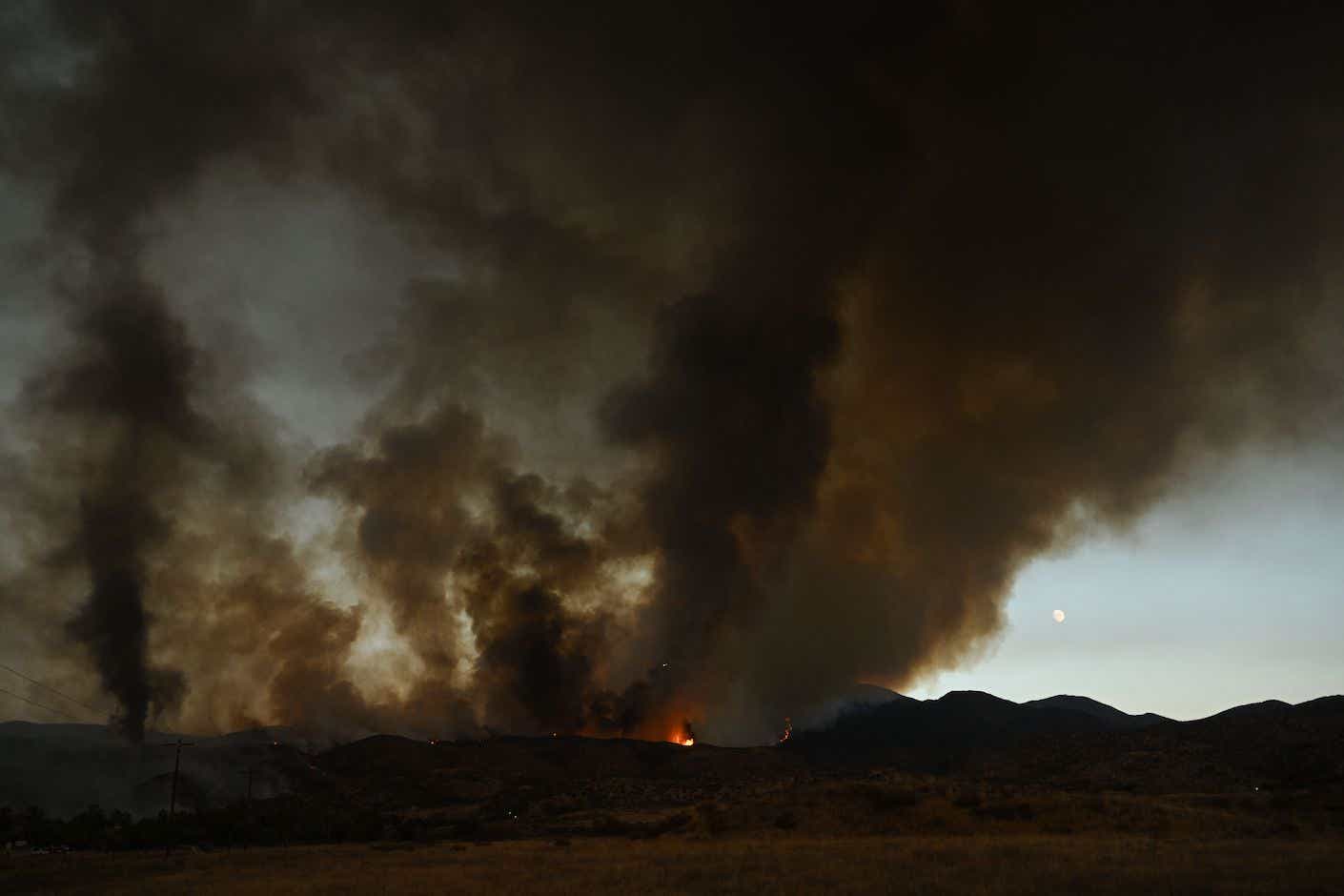We all know that cigarettes are bad news when it comes to lung health — but what else do you need to think about when it comes to keeping your lungs as strong as they can be? As it turns out, weather and climate play a big role in your lung health over time. And if you live in certain areas of the country, you might be opening yourself up to poorer air quality conditions, which could cause discomfort (or even major health problems) in the long run.
To get to the bottom of the connection between lung health and weather/climate, we spoke with Doug Laher, the chief operating officer of the American Association for Respiratory Care, about the ins and outs of proper lung health maintenance.
Here's what you need to know about how to take care of your lungs, and what weather and climate factors to keep on eye on in your area, no matter where you live.
Why lung health can vary depending on where you live
There are a number of environmental factors that can impact your lung health, Laher says — and yes, they can vary quite a bit depending on where you live.
"One big determinant of lung health is air pollution, which is common in big cities," Laher explains, "and weather can certainly exacerbate that pollution even more." According to the American Lung Association, the four cities with the highest air pollution in the United States are all in California: Los Angeles, Bakersfield, Visalia, and Fresno.
Air pollution can change depending on weather patterns, too. On hotter days with little to no wind, for example, the air quality index in your area might be worse than a cooler day with a breeze. "Another determinant, especially all the way up and down the west coast, is forest fires," Laher says. "Those of course cause a lot of air pollution as well."
If you're curious about the level of air pollution in your area, you can easily check the daily air quality index via Air Now, a government-run site that gives you up-to-date info on your area.

One environmental factor that's essential for lung health
When it comes to lung health, there's another important factor to consider that might actually surprise you: humidity.
"The mucosal areas of your lungs and your sinuses require water vapor to function properly," Laher says. "Without it, your lungs can get very dry and irritated."
But it's not just the mucus-y areas of your lungs and sinuses that need humidity — it's also those tiny hairs in your nasal cavity because they need that water vapor in order to properly work as filters and protectants for your lungs, Laher explains.
"It's really critical to have humidity in the air," Laher says. "Depending upon what sources you look at, the ideal humidity should be somewhere in the 30-50 percent range." Anything higher than that can get dicey, Laher warns, because then you start having to worry about mold growth in your home, which could also hurt your lungs.
Most weather forecast sites should be able to tell you the humidity forecast for your area. If you live in a particularly dry area of the country, have no fear! You can rectify the humidity problem easily by purchasing a humidifier for your bedroom and living areas.
Should you move to a different area of the country to improve lung health?
Let's say you just found out you live in an area that might not provide ideal conditions for great lung health. Does that mean you have to move?
Before you have a panic attack and call the movers, Laher suggests you take a deep breath and really consider the pros and cons. "There are always trade-offs for any area," he said. "Take Arizona, for example. It's an extremely dry place to live, which isn't totally ideal for lung health, but you're also going get a lot of sun, which means you'll get more vitamin D there than you might get in the east coast, which has higher humidity levels."
In other words, no place is perfect. And luckily, there are certain things you can do to make your inside space as comfortable as possible, whether it's getting a humidifier (or a dehumidifier) or taking pains to strike the right balance between inside and outside time. Don't forget that seeing your general physician regularly will also be a necessary component of any lung health routine.









